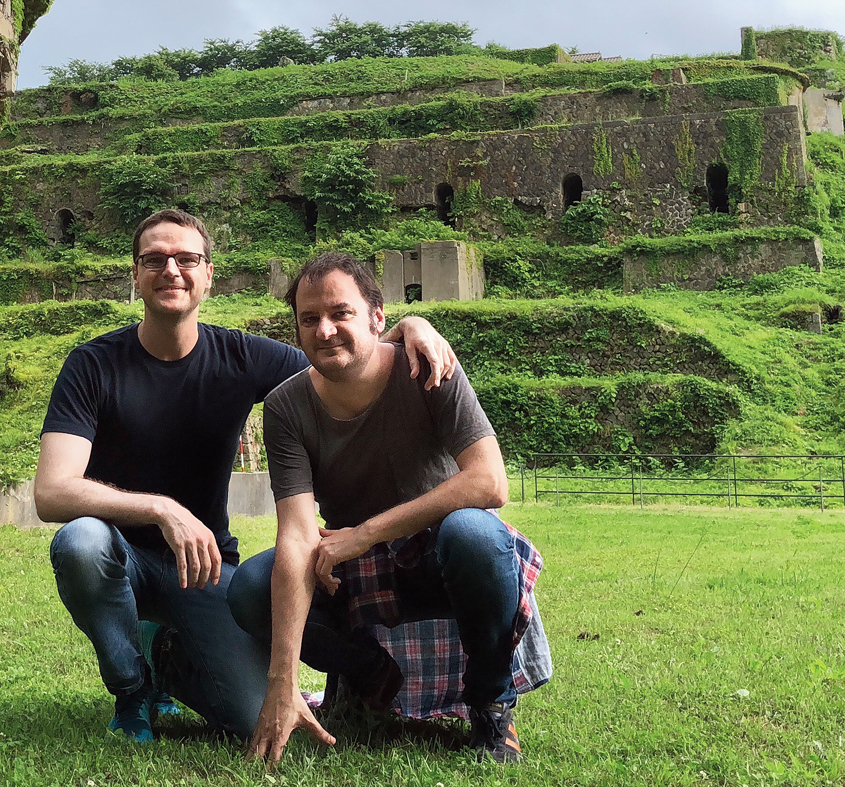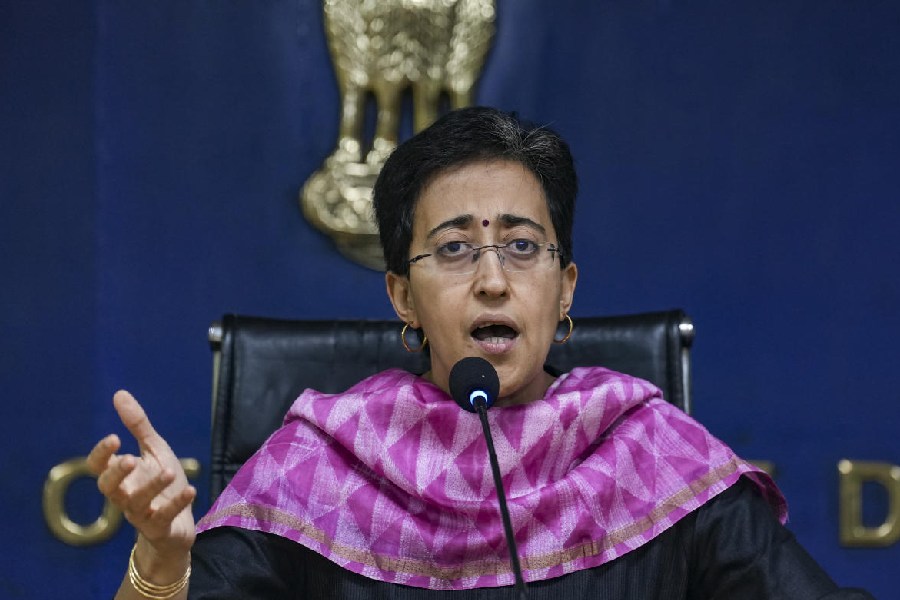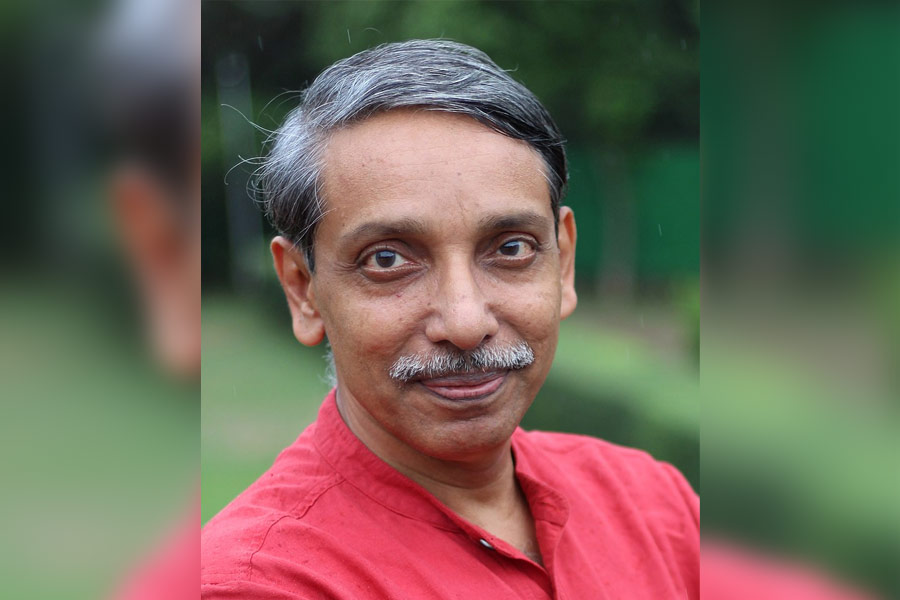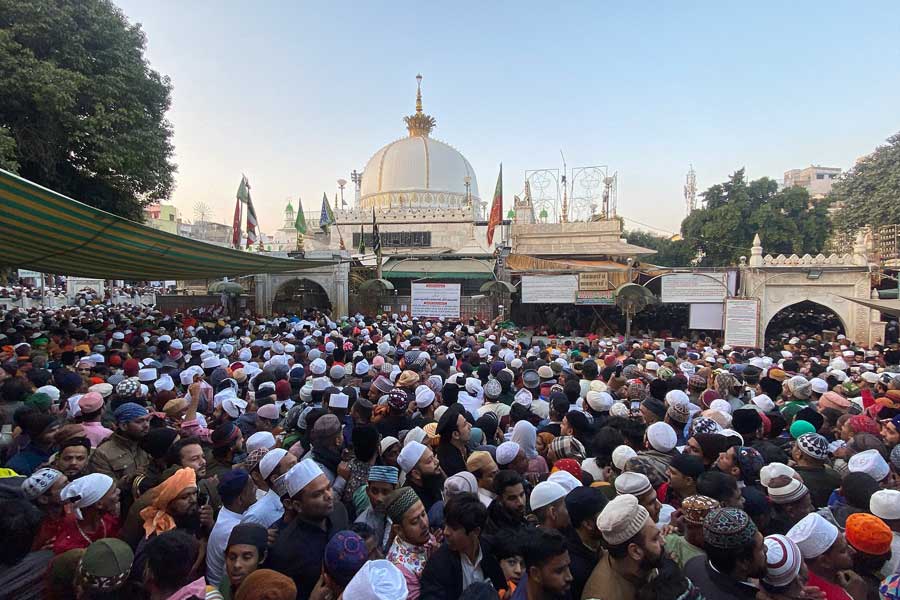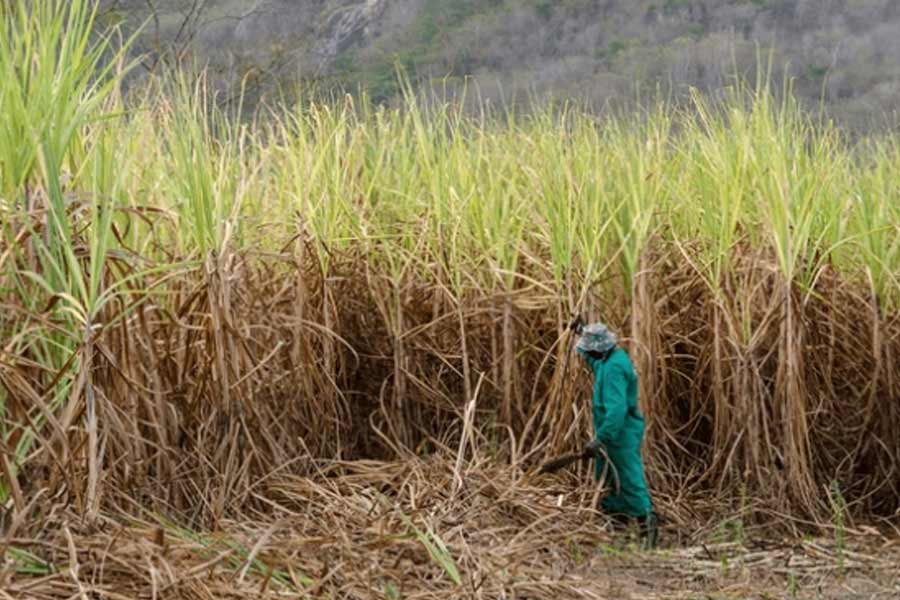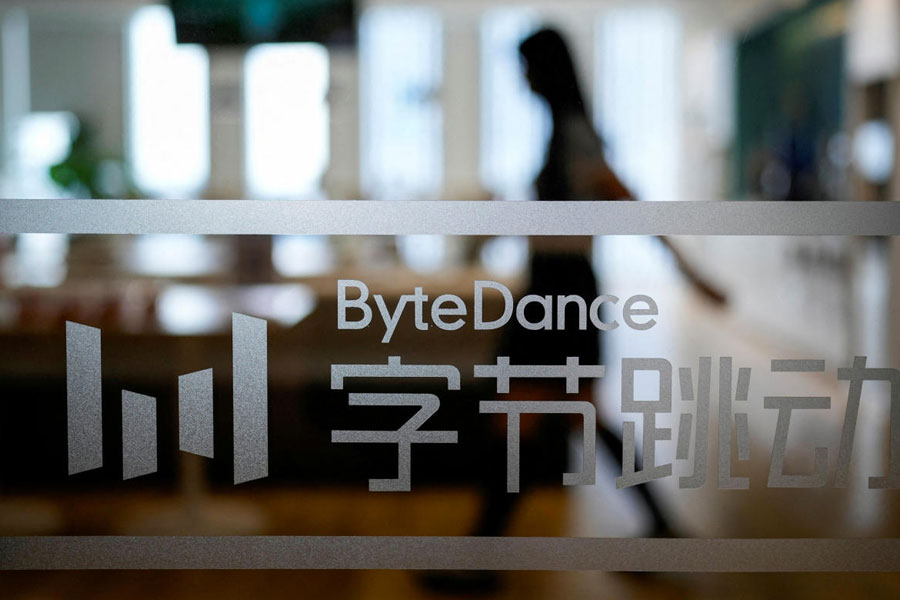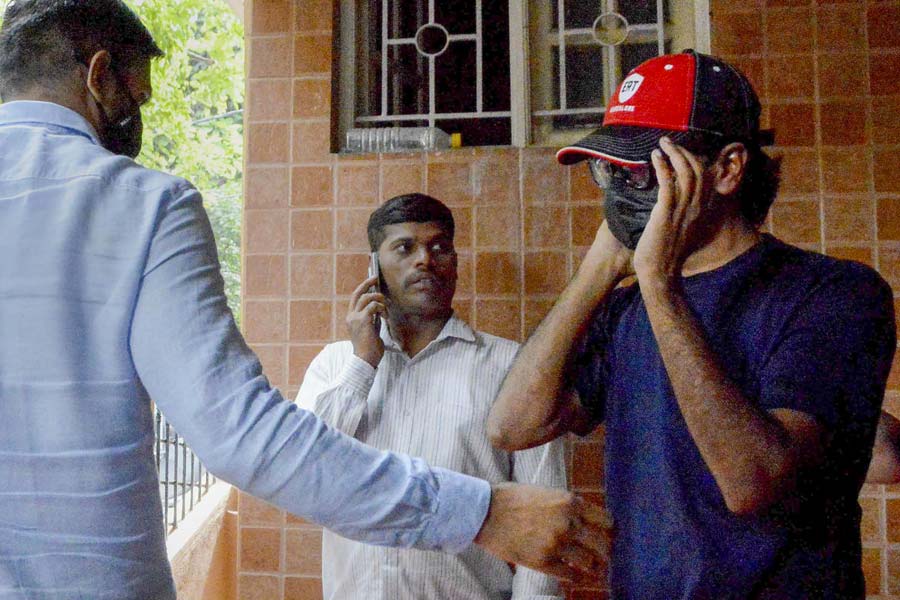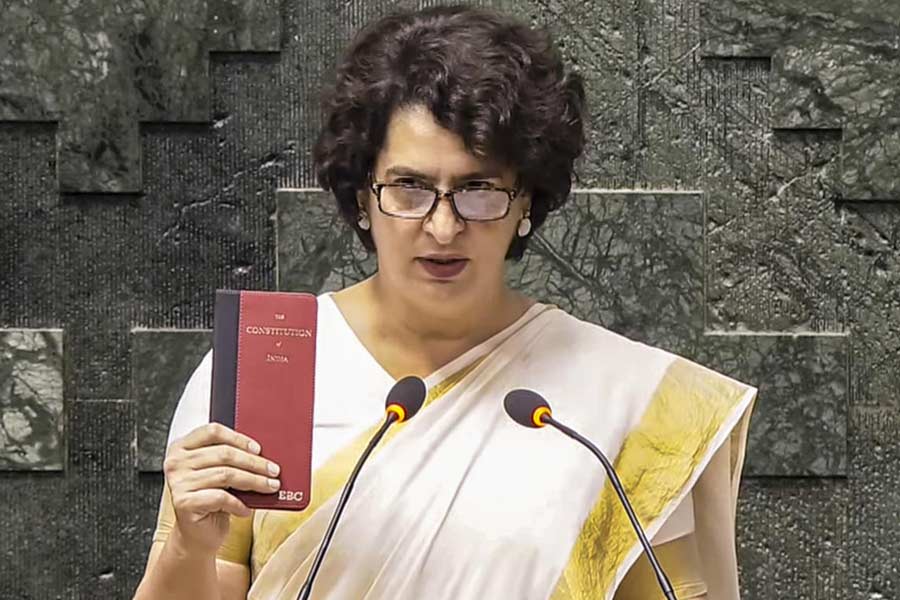Their book Ikigai: The Japanese Secret to a Long and Happy Life created a storm in the world of millennials and GenZ looking for a purpose in life and trying to make a career out of things they absolutely love. Ikigai is a Japanese concept adapted from the Okinawa community who reside on an island with the most number of centenarians in the world. These people live by the ideals of ichariba chode, which roughly translates to “treat everyone like a brother, even if you have never met them”. Delving deep into the lifestyle choices of this community, the two authors — Hector Garcia and Frencesc Miralles — wrote a cohesive book explaining their pursuit of ikigai — a word that roughly can be broken down into “life” and “to be worthwhile”— and its relevance in our day-to-day lives. At a time when the world is engulfed by a crisis, anxiety levels are shooting through the roof and the future has not looked more uncertain, we spoke to the two authors about being one with yourself and the pursuit of your goals. Excerpts…
“The body wears down faster in a period of crisis” it is said in Ikigai. How will the generation facing this crisis react to this crisis and how will the body do as well?
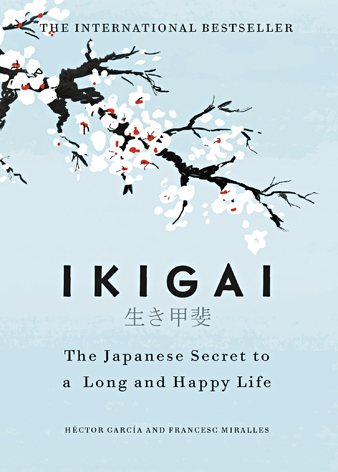
Francesc: This lockdown will only give birth to more anxiety and fear because doctors are seeing increased cases of hypochondria, which is only normal. It happens every time humankind faces any kind of medical crisis like this. The good thing out of this is perhaps that now we will take better care of our bodies. People will eat more ecologically, choose food that is safe here and they will boost their immune system. This coronavirus has revealed the importance of taking better care of our bodies and mind.
Hector: Sometimes, it’s good to be stressed in small quantities as it keeps you on the track towards your goals but this kind of stress that persists all day, all the time, can be extremely detrimental.
Francesc: This kind of extreme stress produces a kind of hormone in your body called cortisol. Cortisol puts all the organs and cells in your body in a state of defence, preparing you to run away or save yourself. It’s a part of the body so it’s okay but day after day, it can cause high blood pressure and immense damage to certain organs.
One of the most stressed points in Ikigai is the sense of community and brotherhood that is existent amongst the natives of Okinawa. Now that the idea of a community is being redefined with social distancing, where does that leave us with our pursuit of ikigai?
Francesc: I think there is a different sense of community emerging because of this lockdown. I personally feel I have been in touch with more people in my life because of the extra time I have now been blessed with and the technology is really helping boost this sense of community. I have spoken to friends I haven’t spoken to in years. This digital community doesn’t have our bodies but we are very much there. This is only going to ensure that we keep up this communication once this is over. People who live alone have now understood the value of a steady flow of communication in their lives.
Could you please tell us a little about logotherapy versus psychoanalysis as therapy for the mind and their relationship with faith.
Francesc: Psychoanalysis goes to the past to solve issues that you may have had while logotherapy looks to the future. And they both have nothing to do with your faith. Faith is a spiritual belief and you can belong to any religion. The idea is to discover the way you are by understanding your origins and logotherapy tells you about your purpose. There is a connection between the two and that is why we dedicated an entire chapter to it in Ikigai. If you find your reason to be, your ikigai, you can ward off any obstacle in your path.
How does one find their ikigai in complete isolation like we are now?
Hector: We have more time than before so the idea is to try things. Maybe, you won’t find it in a single day but the idea is to keep doing things that make you happy. Things that you enjoyed when you were a kid, could be a good place to start. You can start painting, writing, or creating music. There are so many things and this is a great opportunity to start trying things and see what feels good. Meditation helps in increasing awareness about what we like and dislike. So, on the one hand, you should be trying things and on the other side, you are becoming more aware of yourself with meditation.
What was the research process like for Ikigai?
Francesc: It was a long process because the Japanese culture contains a lot of protocol. You need to take permission from the town council and one has to explain. Hector’s father-in-law, who belongs to the Okinawa community, helped us immensely and spoke on our behalf.
Hector: We worked and stayed in Okinawa for a long time and we spoke to about 100 of the elders asking them about the most important aspects of their lives. The central theme of the book is this community and the wisdom that we received from the Okinawa elders. One of the main questions we asked them was “Do all of you have your ikigai” and they all unanimously said yes. They eat what they can grow and they are next to a waterbody so they eat a lot of fish. Their economy is local and their lives are ecologically balanced.
What was your writing process like with one of you in Tokyo and one in Barcelona.
Francesc: Whether you write a book alone or with someone, there are a couple of aspects that remain constant. First is the idea; you find one that is worth speaking and writing about. The second stage is documentation or research as you understand how your idea is going to shape up. Documentation often proves to be longer than the writing process. One needs to prepare a structure and then the last stage of putting everything to paper. We had to find a common time that would work for us both, being 10,000 miles apart. For me that was 8.50 in the morning while for him that was at the end of his workday. He would write a portion on a topic while I would flesh out a complimentary topic and then we would edit together.
What can we expect next from your table?
Francesc: We have written another book which is The Road to Ikigai. It is a more comprehensive step-by-step process on what one needs to do to find their ikigai. We hope that people can resonate with the steps. We have also written Ichigo Ichie: The Art of Making the Most of Every Moment, the Japanese Way, another book that came out a couple of months back, dealing with a concept that the world needs to know about.

